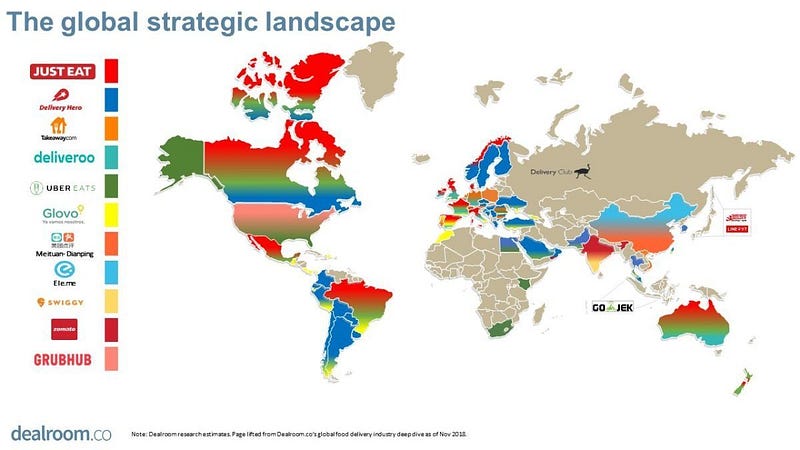Glovo now exists in Kenya, Morocco and Cote d’Ivoire, with plans to expand to Ghana, Nigeria, and Tanzania. The startup which was co-founded by the 26-year-old Barcelona -based Oscar Pierre in 2015 has raised over $513.1 million since it was founded and is already displacing major players in the crowded delivery industry.

In light of the ongoing outbreak of coronavirus in increasing places in Africa, Glovo has implemented some measures in Kenya with the aim of avoiding, as much as reasonably possible, the transmission of the virus between distributors, users, partners, and employees.

Read also: Learning From Glovo, The Delivery Startup That Is Beating Uber In Big Markets
Here Are Some Of The Measures
- For users, Glovo has implemented such measures as signatureless delivery; no contact delivery drop-offs; and recommending digital payment.
- For riders, it has implemented measures like a 24/7 communication channel for issues related to the disease, regular communication of the hygienic protocol and handling of products, contactless delivery, temperature checks and recommendations for the sanitizing of delivery bags.
- For its partners and employees, Glovo has implemented measures like hygiene updates to staff, users and partners regarding best practices and WHO updates and observing the WHO hygiene recommendations.
- In addition to the hygiene measures it has implemented for their network, Glovo says that its external legal counsel has commenced engagement with the National Treasury to consider various proposals that will cushion businesses and individuals from the impact of the COVID-19 pandemic.
Far away in Europe, Glovo’s competitor, Deliveroo is allowing customers not wanting to expose themselves — or, indeed, the courier delivering their food — to unnecessary human contact to add a note to an order to request a no-contact drop-off.
Quick Facts About Glovo:
- Barcelona-based Glovo is the on-demand delivery app that allows customers to order anything — restaurant meals, groceries, flowers — from more than 1,000 participating businesses and have it delivered in less than one hour.
- Simply put, the startup is known as the “anything” delivery app.
- Glovo makes profit by charging a service fee, plus a commission on their partners, depending on the cost of the product or item.
- The most interesting fact about Glovo may be that despite being founded only about 4 years ago in 2015, the company already has a presence in 178 cities across 23 countries.
- The startup’s vision is to be a lifestyle app with all urban services available easily through its smartphone application.
- Food delivery service remains its most popular service. Other services available on the app include Groceries, Pharmacy, Desserts, Courier, and Quiero (anything).
- While most companies are very focused on food only, Glovo can, however, deliver everything.
- The food business allows users to find and place orders with their favorite restaurants which is picked up when ready and delivered to the user’s doorstep. Today, more than 85% of Glovo’s orders in Europe are for food.
- Unlike the other couriers — namely the UK-based Deliveroo and US-based UberEats — Glovo couriers don’t just pick up food for customers of the app. They’ll also buy them a particular dress in a size 12 from Zara, or grab some painkillers from a pharmacy if the customers so request.
- While this model continues to be its flagship service, the company is reportedly experimenting with CloudKitchens and Grocery Darkstores.
- In fact, the startup has become so successful that Bloomberg said Glovo could now be worth €650 million ($730 million)
- The firm’s revenue jumped from €18 million ($20 million) in 2017 to €81 million ($91 million) last year.
Charles Rapulu Udoh

Charles Rapulu Udoh is a Lagos-based lawyer who has advised startups across Africa on issues such as startup funding (Venture Capital, Debt financing, private equity, angel investing etc), taxation, strategies, etc. He also has special focus on the protection of business or brands’ intellectual property rights ( such as trademark, patent or design) across Africa and other foreign jurisdictions.
He is well versed on issues of ESG (sustainability), media and entertainment law, corporate finance and governance.
He is also an award-winning writer.
He could be contacted at udohrapulu@gmail.com
